
Just a day after the People’s Climate March, one of the largest international environmental marches, a new analysis of 56 studies on climate change-related health problems shows that increasingly, global temperatures and severe weather events will continue to have a major impact on global health.
In the U.S. alone, several cities are expected to experience many more frequent hot days by the year 2050, and New York City and Milwaukee for example, may have three times their current average of hot days that reach over 90 degrees. According to researchers from the University of Wisconsin, this is just one consequence of human-driven climate change.
Currently, 97% of scientists studying climate agree that climate change is caused by humans. The new study, which is published in JAMA, lays out what these wide ranging effects on public health are.
Here’s a breakdown of how climate change will impact human health:
Heat-related health problems
In the researchers’ findings, they report that heat-related deaths represent more fatalities than all other weather events combined, and the frequency of hot days is expected to increase across all U.S. cities. Other research, like a recent July CDC report confirmed earlier this summer that heat-related health problems in the U.S. are growing. Since outdoor workers are impacted by heat, there are also significant economic-related implications—and by 2050s, the researchers report that workdays lost due to heat could reach 15 to 18% in South East Asia, Central America and West and Central Africa.
Respiratory problems
Climate-related pollution can trigger respiratory problems, commonly due to poor air quality, as exhibited in large cities like Beijing. The researchers report that 43 million people in the U.S. alone live in places that are over the EPA’s health standards for fine particulate matter in the air, and that can come from forest fires, which are thought to increase as temperatures continue to rise and droughts are prolonged. Pollen is also thought to increase with climate change, which is terrible news for people with seasonal allergies.
Infectious diseases
In the U.S., diseases like West Nile, dengue fever, and chikungunya virus are increasing in warm and muggy states like Florida, and all three of those diseases are thought to have a connection to warmer temperatures. The Natural Resources Defense Council (NRDC) says that the rise of temperatures and changes in rainfall patterns have contributed to longer summers, and therefore these diseases—which are insect-borne—have longer seasons.
Waterborne diseases
Climate change is projected to continue to cause heavier rain events, and the researchers note that gastrointestinal disease among kids has been tied to heavy rain fall in both the U.S. and India. Earlier this summer, citizens in Michigan and Toledo, Ohio were banned from drinking tap water after an algae bloom, caused in part by agricultural runoff, moved to the region’s water intake area and contaminated the drinking water.
Food insecurity
According to the report, climate change is expected to lower global food production by 2% per decade, even as demand increases 14%.
Mental health problems
The researchers show that serious weather events caused by climate change like Hurricane Katrina can leave people feeling utterly hopeless, displaced, full of anxiety and even with symptoms of post-traumatic stress disorder.
In a corresponding editorial, Dr. Howard Bauchner, the editor-in-chief of JAMA, and Dr. Phil Fontanarosa, the journal’s executive editor, write: “Understanding and characterizing this threat and educating the medical community, public, and policy makers are crucial if the health of the world’s population is to continue to improve during the latter half of the 21st century.”
When it comes to solutions, the researchers say reducing greenhouse gas emissions is a critical step in gaining better health and more economic stability. Starting Tuesday, the UN will meet for its 2014 Climate Summit, and the hope among many is that global public health will be an issue brought to the table—and addressed on an international scale.
See the Worst Place to Breathe in America

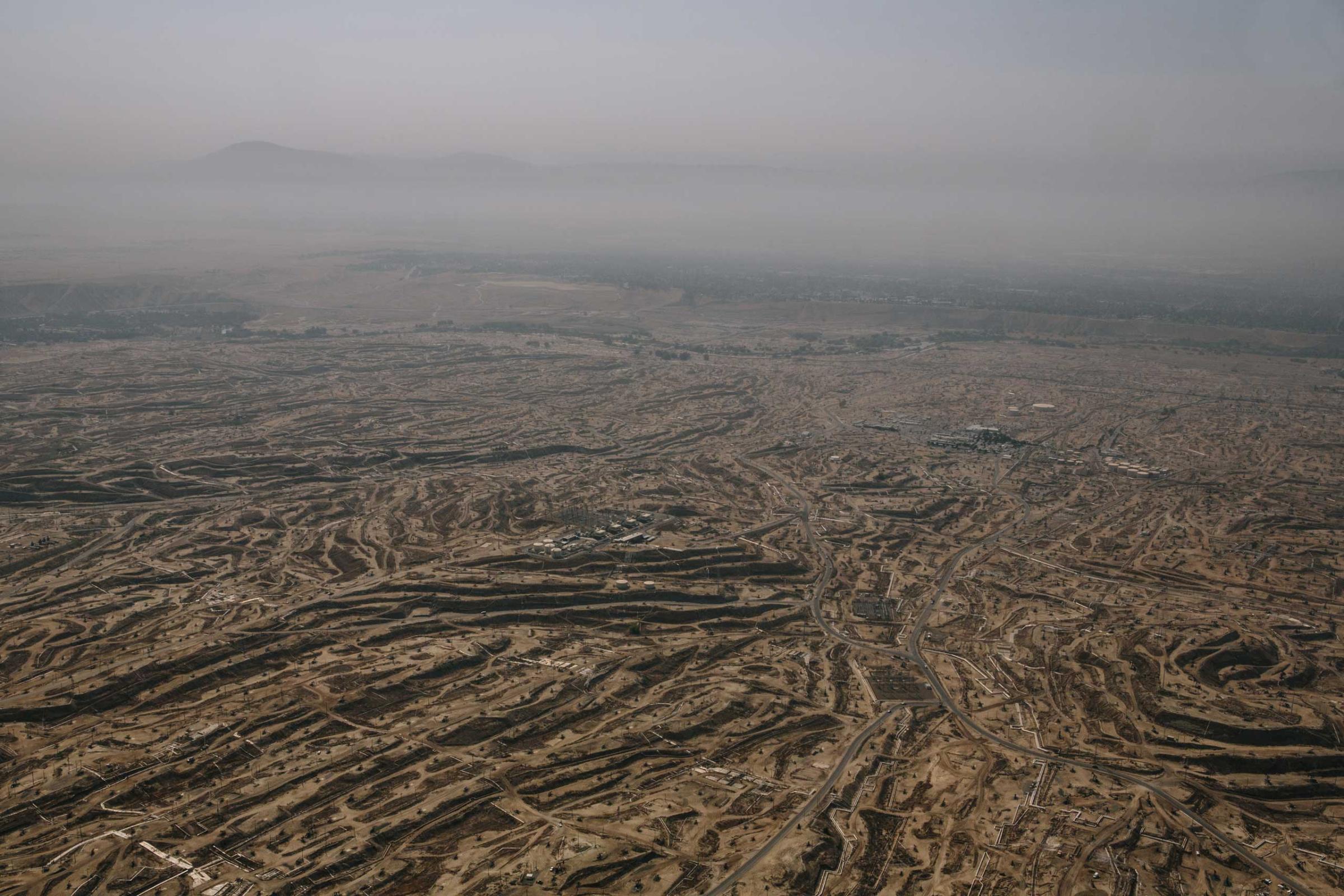

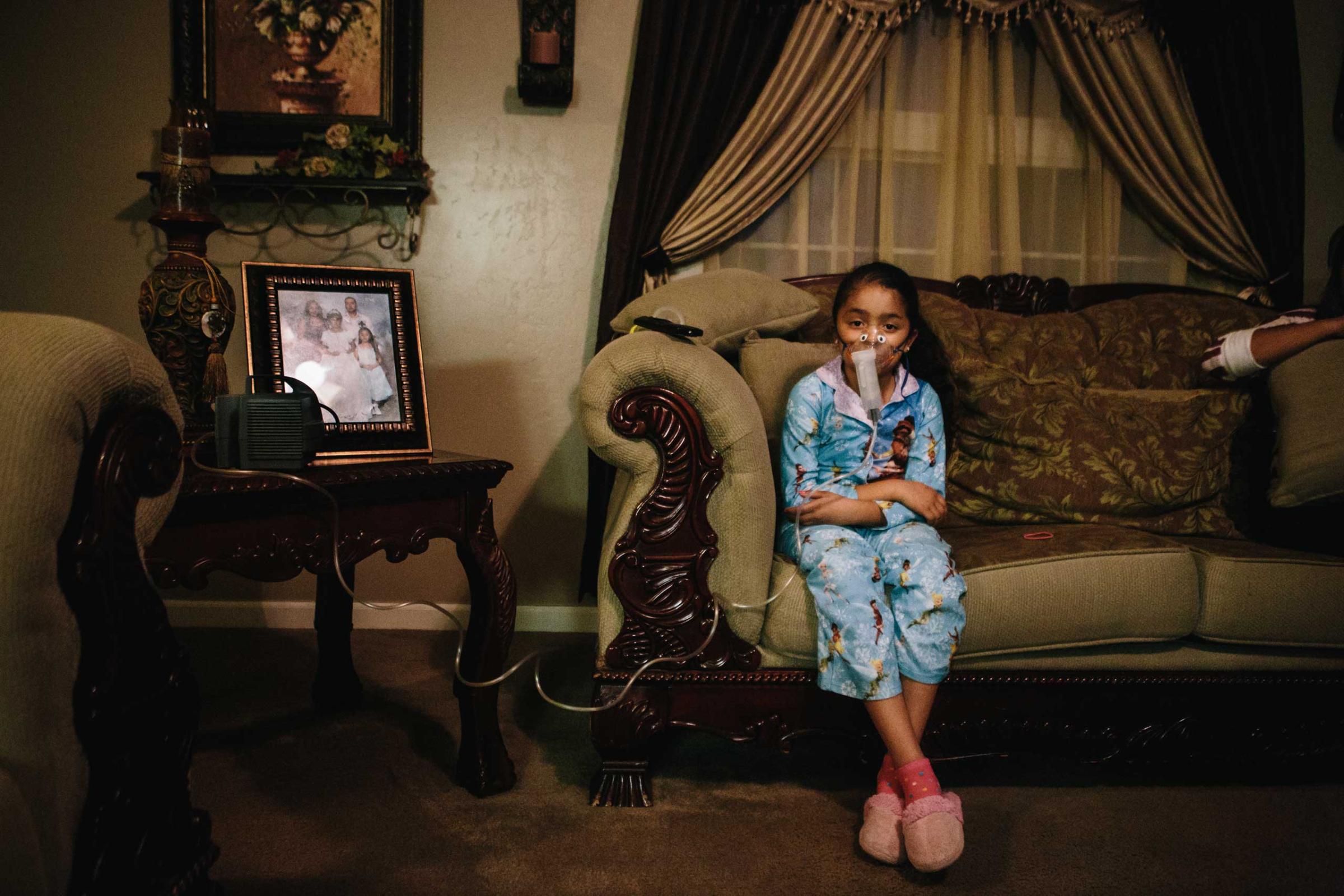
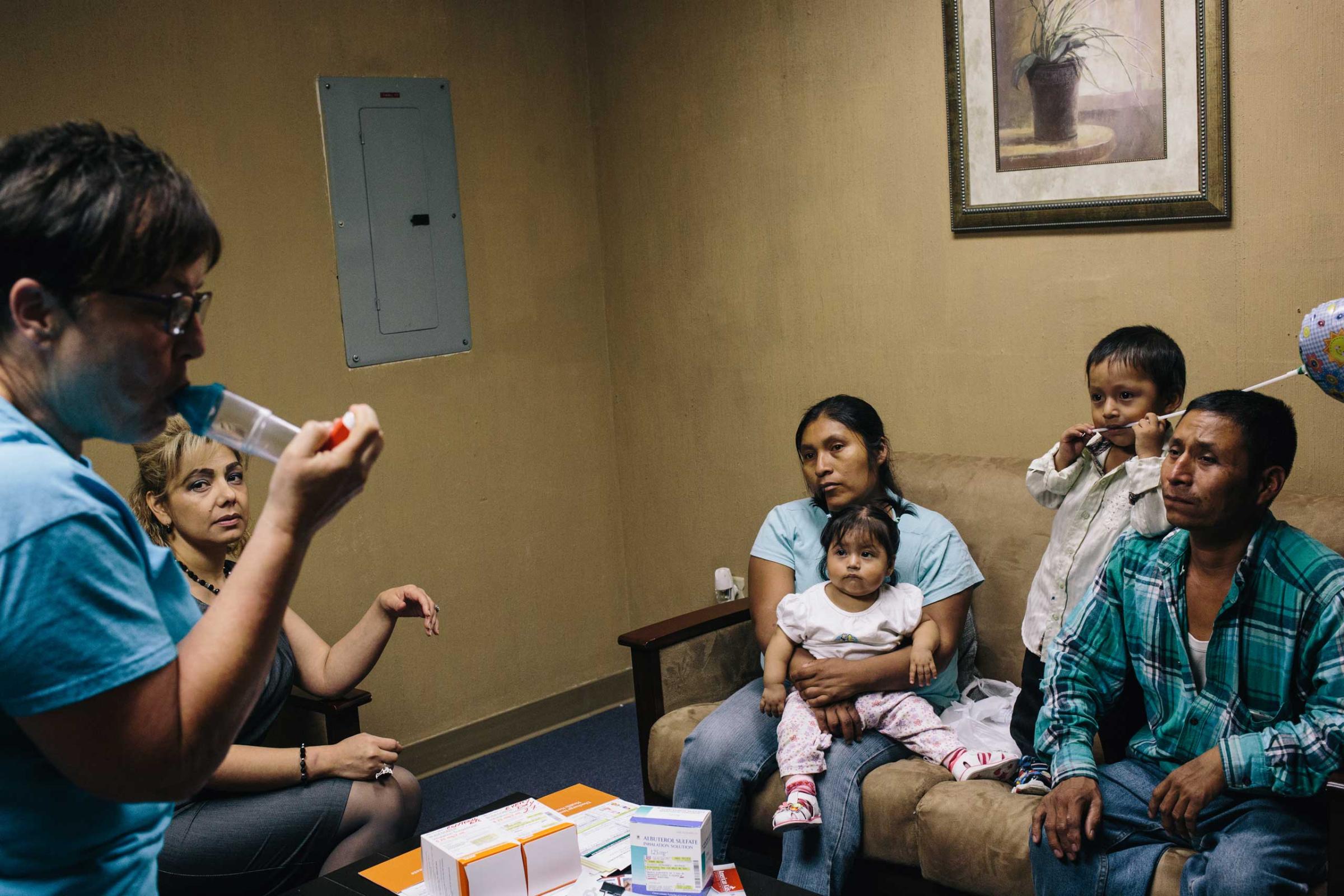
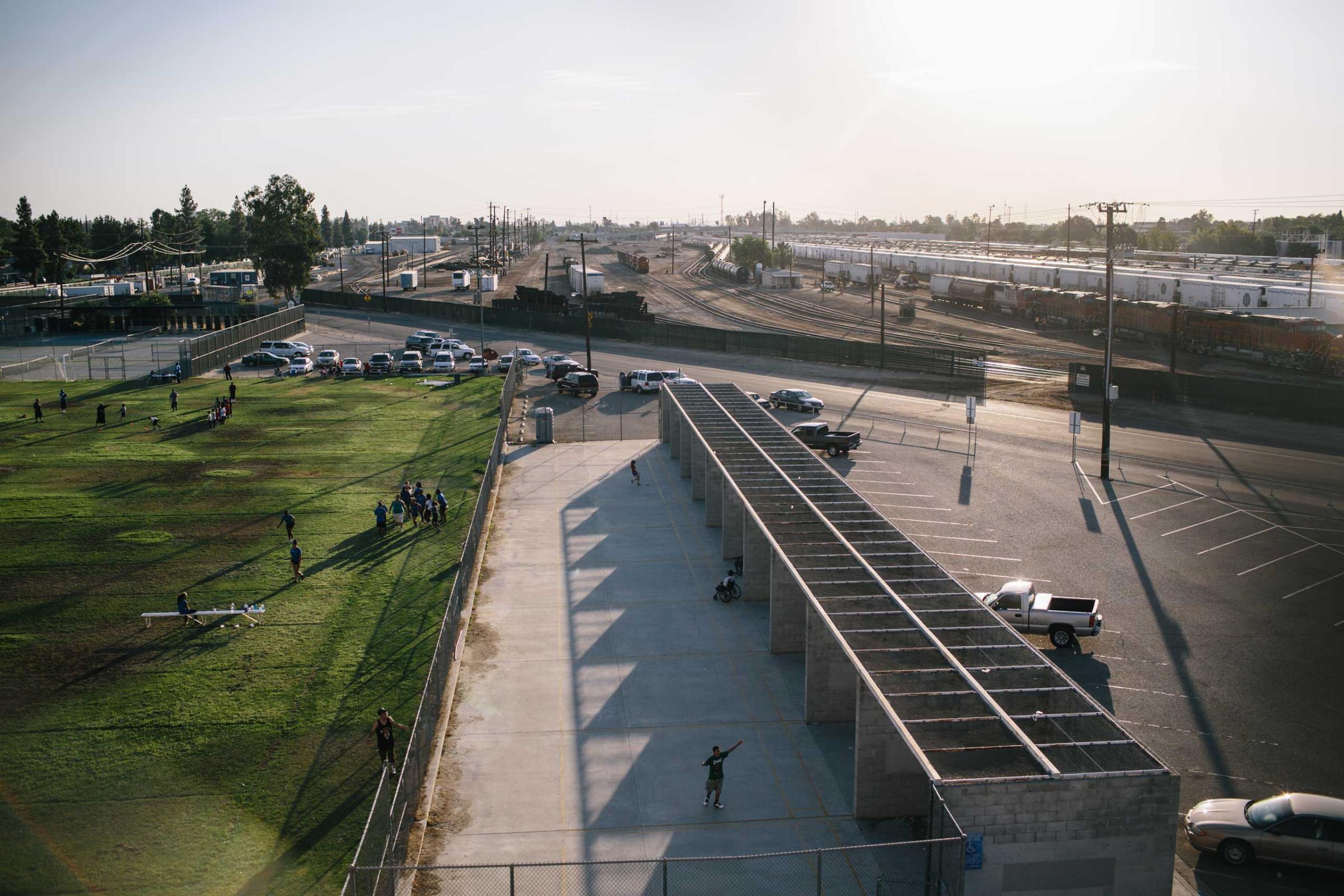



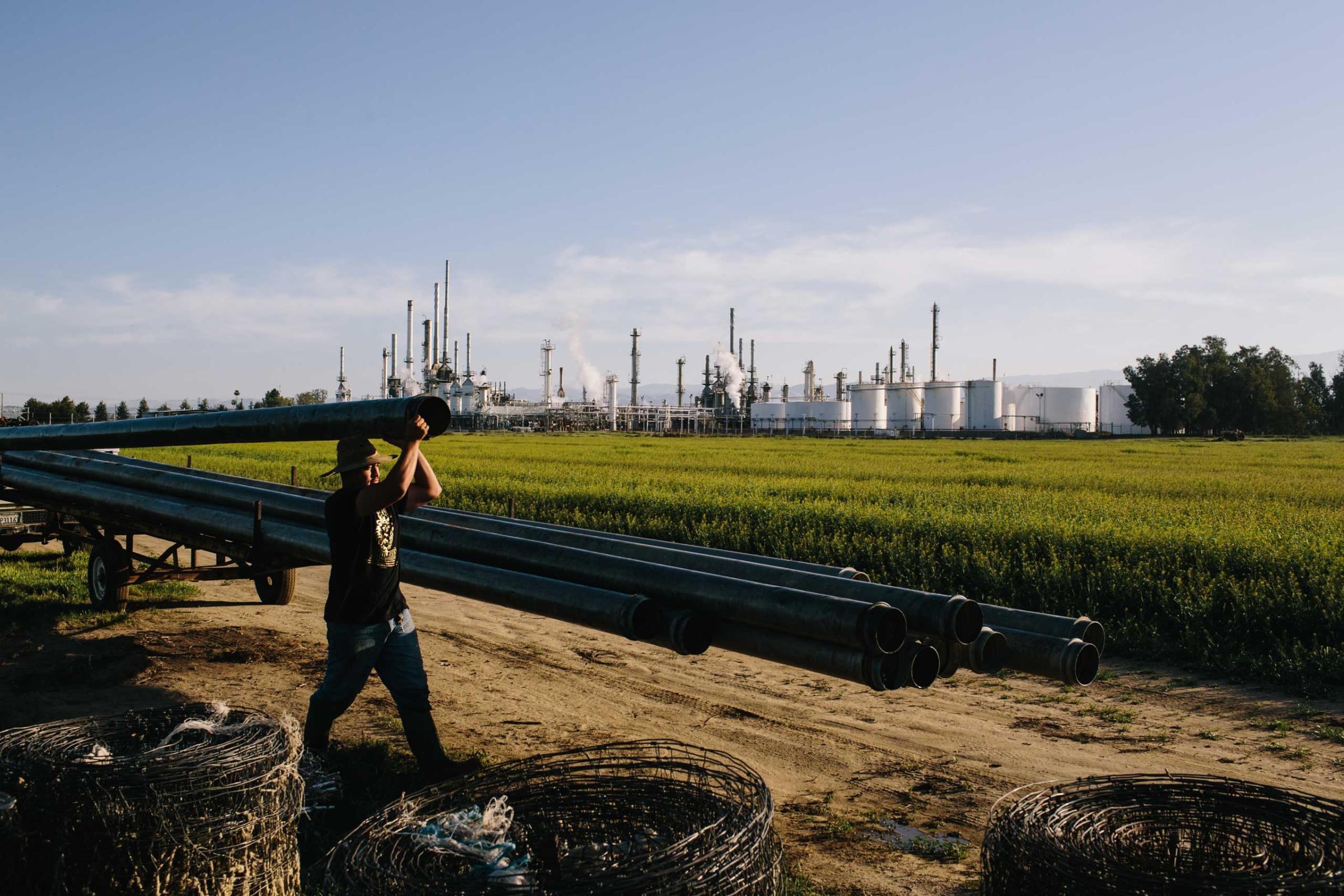
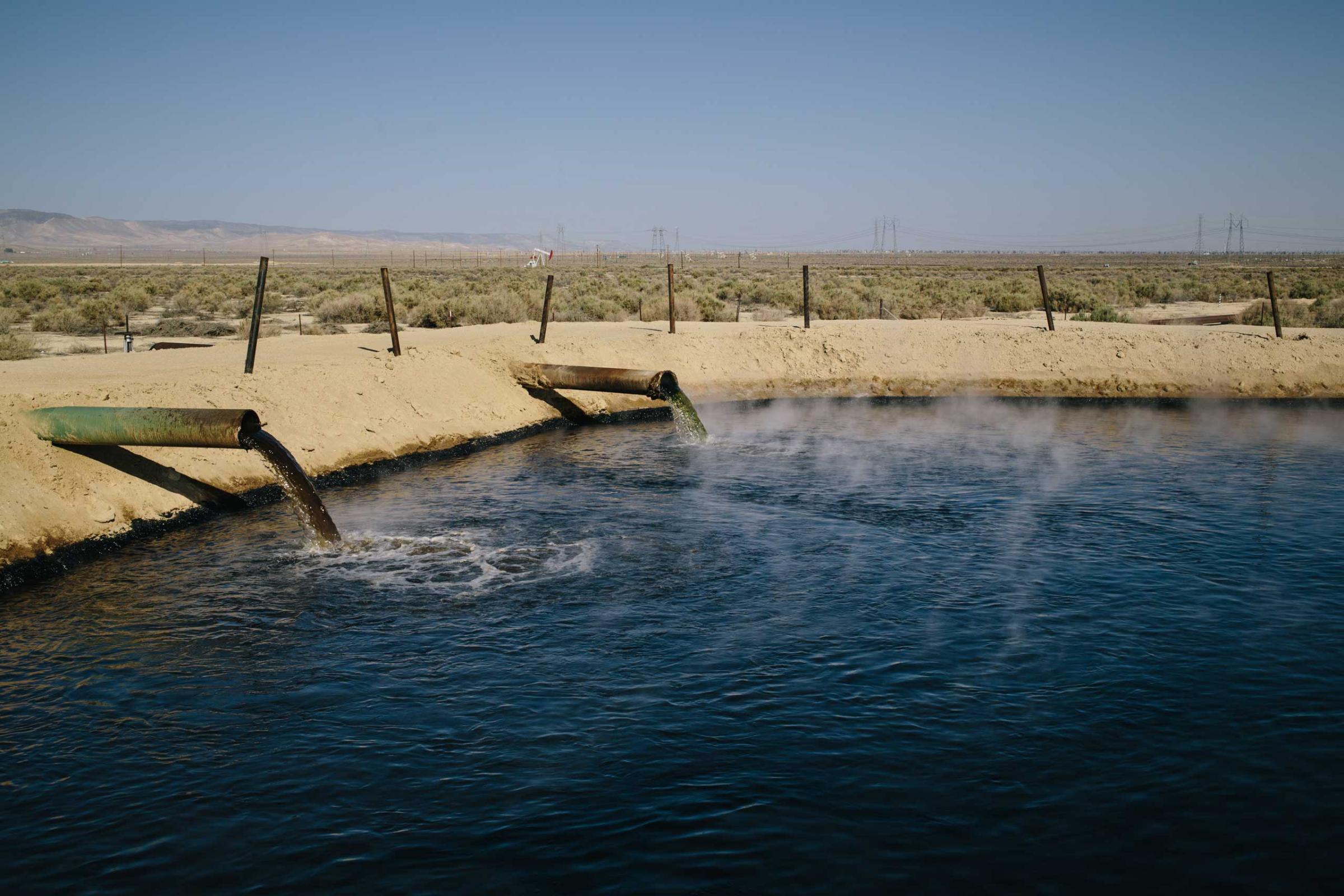
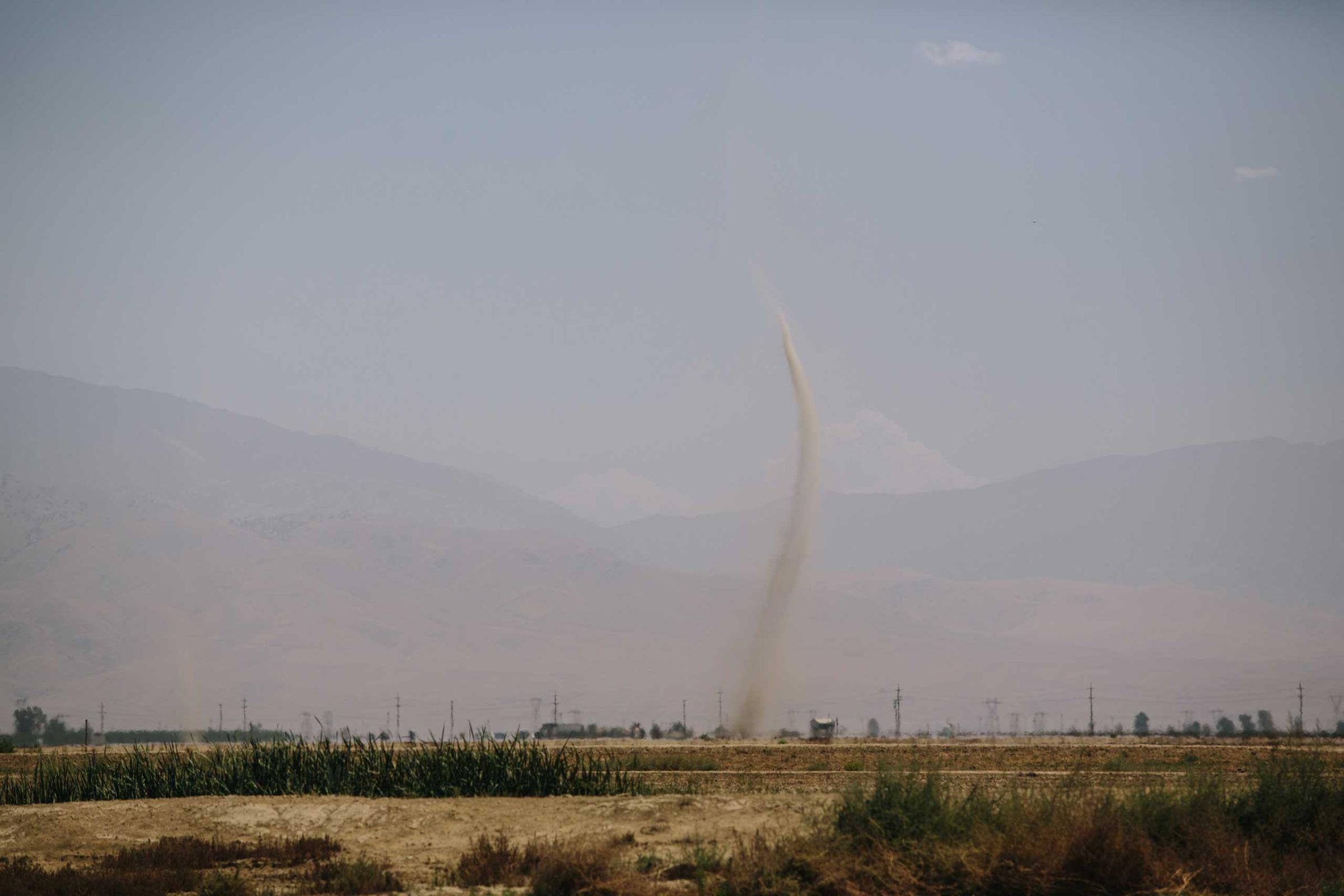
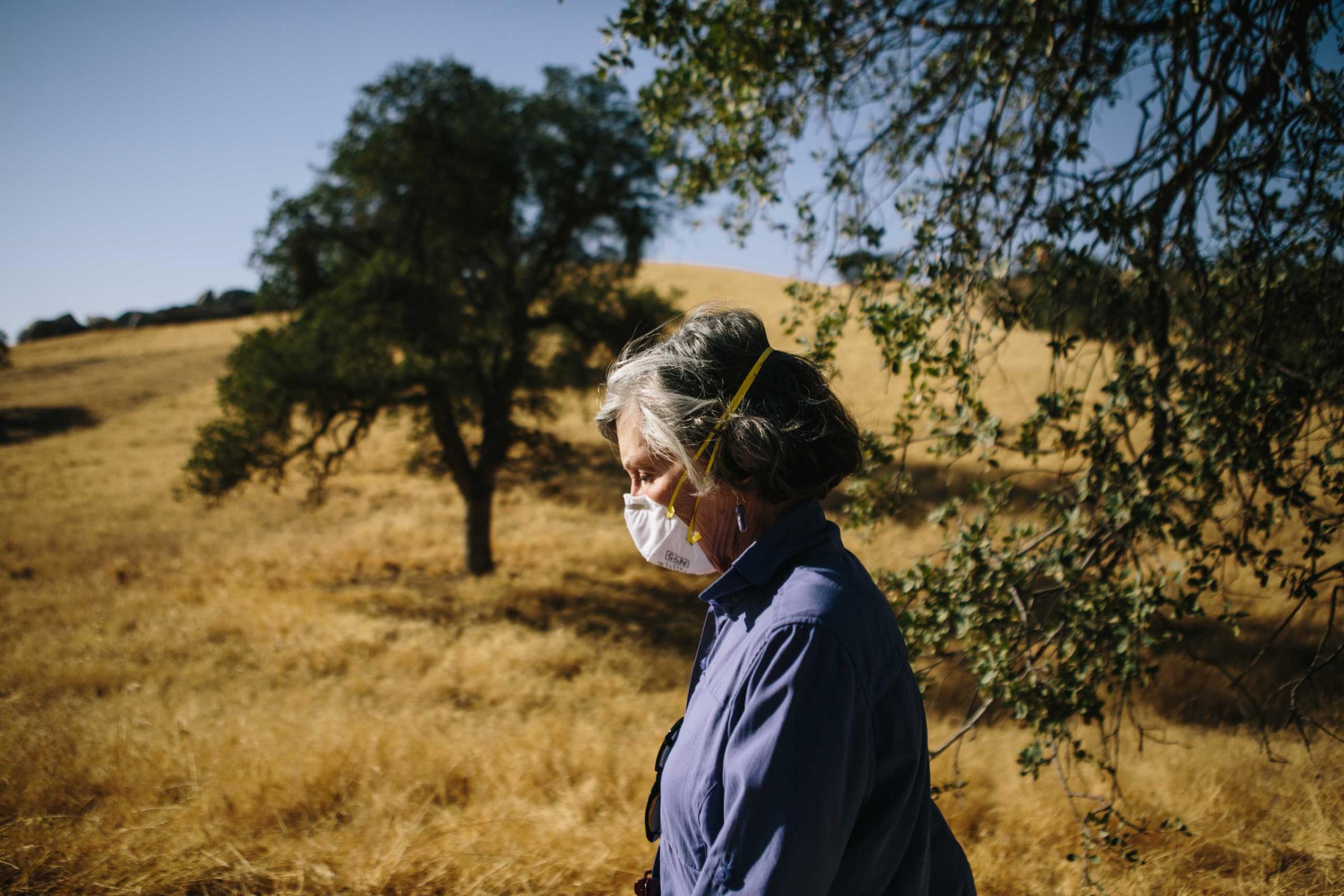

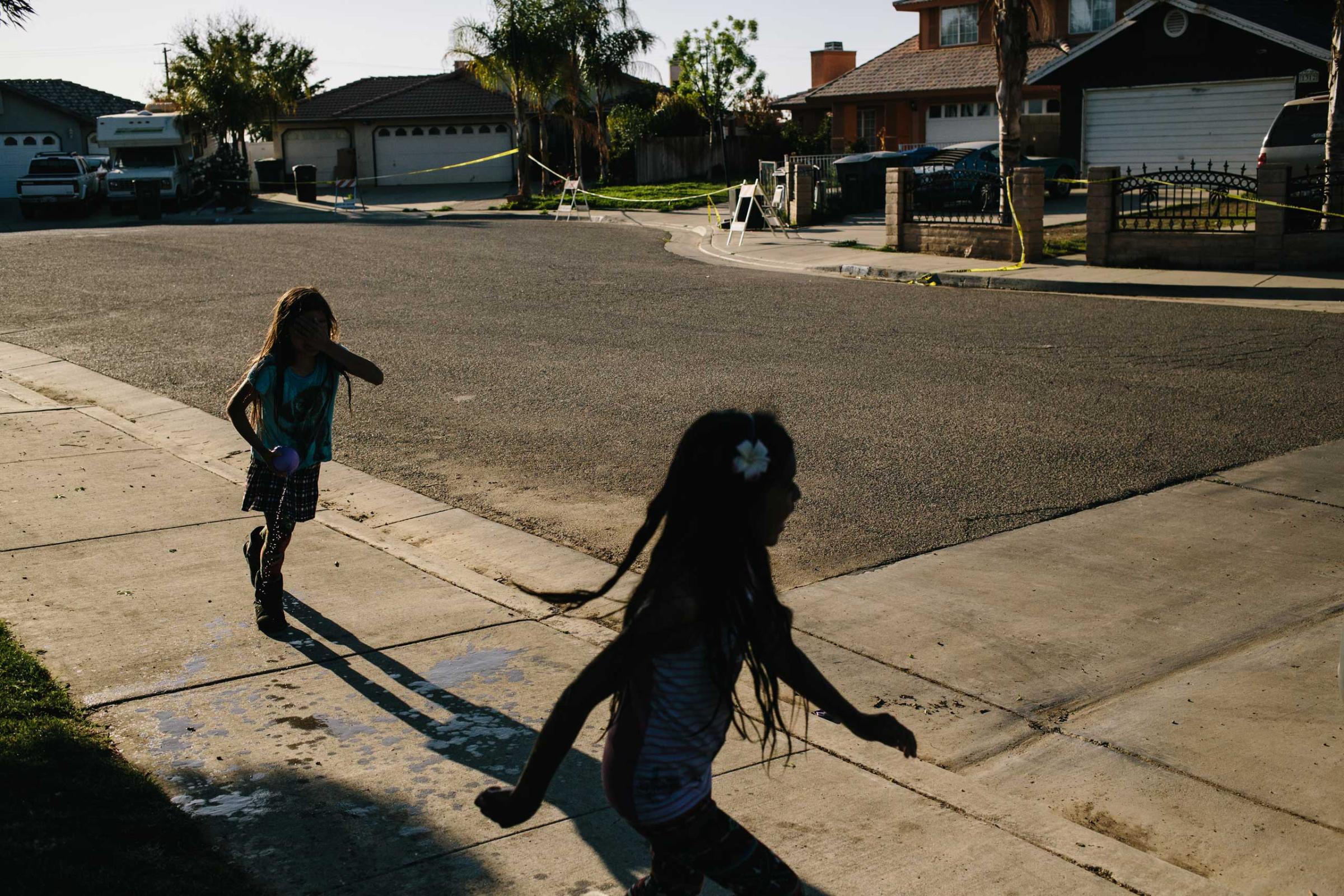
More Must-Reads from TIME
- Donald Trump Is TIME's 2024 Person of the Year
- Why We Chose Trump as Person of the Year
- Is Intermittent Fasting Good or Bad for You?
- The 100 Must-Read Books of 2024
- The 20 Best Christmas TV Episodes
- Column: If Optimism Feels Ridiculous Now, Try Hope
- The Future of Climate Action Is Trade Policy
- Merle Bombardieri Is Helping People Make the Baby Decision
Contact us at letters@time.com